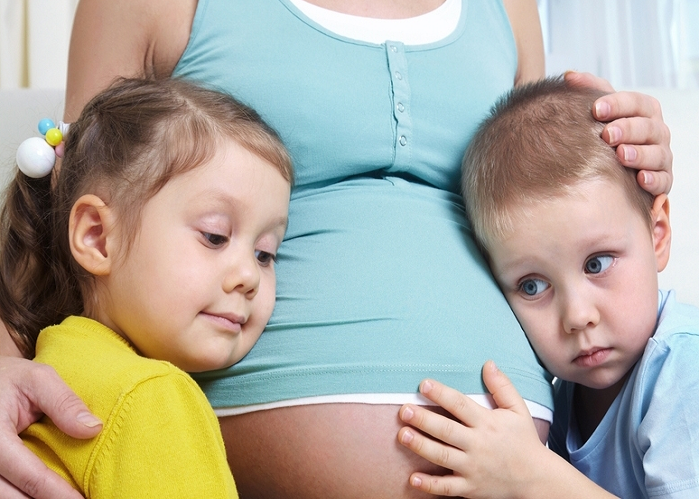Three British families are challenging a new policy that prohibits parents from collecting child tax credits for more than two children.
Richard Drabble QC, a lawyer for the families, argued against the policy Tuesday in front of the London High Court, Brinkwire reports. Drabble said the policy is discriminatory and “incentivises abortion.”
Introduced in 2017, the policy allows parents to apply for tax credits for their first two children only. The tax credit amounts to about £2,780 ($3,500) per child, according to Slate. The policy makes an exception for third children conceived in rape.
Experts estimate the cuts will affect more than half a million families by 2020, the Mirror reports.
Two of the families challenging the policy are single mothers who have three children; they both oppose abortion. One of the families’ third children has disabilities, and they depend on the tax credits to help with the child’s medical care, according to Brinkwire.
Here’s more from the report:
Richard Drabble QC said the policy, created by the Welfare Reform and Work Act 2016, is “incompatible” with the European Convention on Human Rights and the UN Convention on the Rights of the Child.
He told the court: “The rule fails to have regard for the individual rights of children and is predicated on the proposition that those unable to support themselves solely through work should make particular choices about intimate behaviour.”
“It marks a very significant reduction in the level of economic support provided by the state to lower-income children,” he added.
“It affects children first not last, is discriminatory and is not temporary.”
Drabble said the policy also disproportionately affects poorer families.
Keep up with the latest pro-life news and information on Twitter. Follow @LifeNewsHQ
“While a rich family chooses between surplus income and an extra child, a poor family chooses (to the extent they can actually choose) between meeting basic subsistence needs and an extra child,” he said.
A spokesperson for the Department for Work and Pension, which oversees the new policy, pointed to exemptions and the child tax credit still being available for the first two children.
The policy is widely controversial. In 2015, a coalition of religious groups spoke out against the proposal, saying children are “a blessing rather than a burden,” according to Slate.
“A third, fourth, or fifth child is no less precious than the first. Anything which sends the implicit message that a child is unwanted, unvalued or superfluous should be strongly resisted,” the coalition said in 2015.
Previously, there was no limit on the number of children who could be claimed under the policy. The new, two-child policy went into effect April 6, 2017 and applies to third children born after that date.








